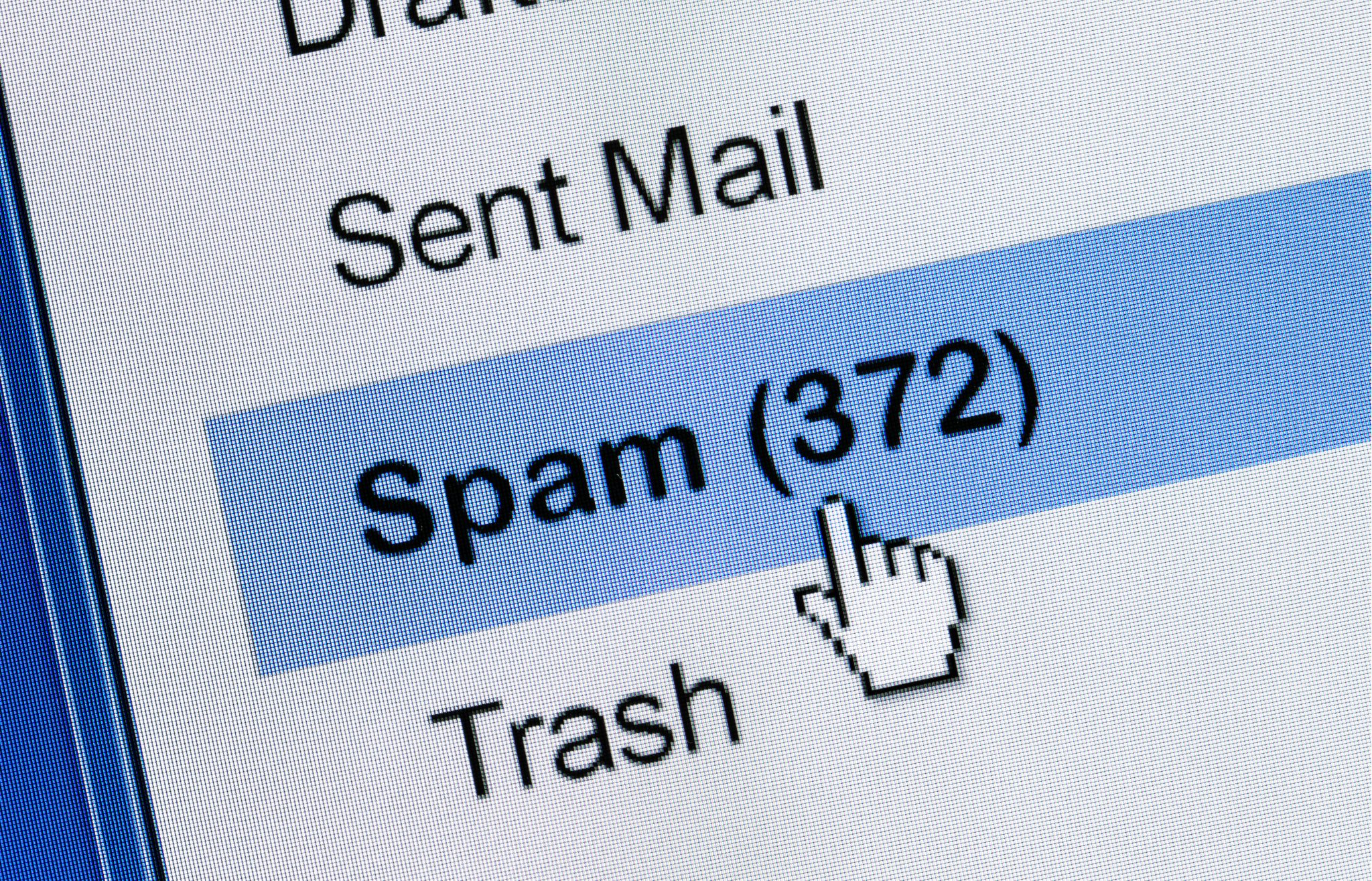In the ever-evolving landscape of digital communication, email remains a cornerstone of business operations, marketing strategies, and personal correspondence. However, this ubiquitous mode of communication is also a prime target for phishing attempts, spam, and other malicious activities. Recognizing the importance of safeguarding users, tech giants Google and Yahoo have introduced new sender requirements designed to enhance email security and authentication. These measures underscore the critical role of DMARC, DKIM, and SPF in fortifying email systems against abuse and fraud.
Understanding the New Requirements
Google and Yahoo, two of the largest email service providers, have recently updated their policies to combat spam and phishing more effectively. These updates focus on stricter authentication processes that email senders must adhere to, ensuring that only legitimate emails reach users’ inboxes. The core of these requirements revolves around three main email authentication standards: DMARC, DKIM, and SPF.
The Significance of DMARC, DKIM, and SPF
Domain-based Message Authentication, Reporting, and Conformance (DMARC) is an email authentication protocol designed to give email domain owners the ability to protect their domain from unauthorized use, commonly known as email spoofing. The primary function of DMARC is to allow email senders and receivers to determine whether or not a given message is legitimately from the sender, and what to do if it is not. This ensures that only authenticated emails reach the inbox, significantly reducing the risk of phishing scams.
DomainKeys Identified Mail (DKIM) adds a digital signature to email messages, allowing the receiving mail server to check that an email was indeed sent and authorized by the domain owner. This verification is crucial in preventing email spoofing and ensuring the integrity of the message.
Sender Policy Framework (SPF) allows email senders to define which IP addresses are allowed to send mail for a particular domain. This is achieved by adding specific records to the Domain Name System (DNS). SPF helps detect and block spam emails by verifying the sender’s IP address against the authorized list of IPs for that domain.
The Impact on Businesses and Email Marketers
The adoption of these enhanced email authentication standards by Google and Yahoo marks a significant shift in how businesses and email marketers approach email campaigns and communication. With the increasing sophistication of cyber threats, the importance of securing email communications cannot be overstated. Implementing DMARC, DKIM, and SPF not only helps protect your domain from being used for email spoofing and phishing attacks but also improves the deliverability of your emails. Emails that pass these authentication checks are more likely to reach the recipient’s inbox, thereby increasing the effectiveness of email marketing campaigns and ensuring the integrity of business communications.
Why Professional Assistance Matters
While understanding the importance of DMARC, DKIM, and SPF is crucial, implementing these protocols can be complex and technical. Mistakes in configuration can lead to legitimate emails being marked as spam or not being delivered at all. This is where professional assistance becomes invaluable.
Hiilite can help businesses navigate the complexities of setting up DMARC, DKIM, and SPF. By ensuring that these protocols are correctly implemented, businesses can safeguard their email communications, enhance their email deliverability, and protect their brand reputation.


